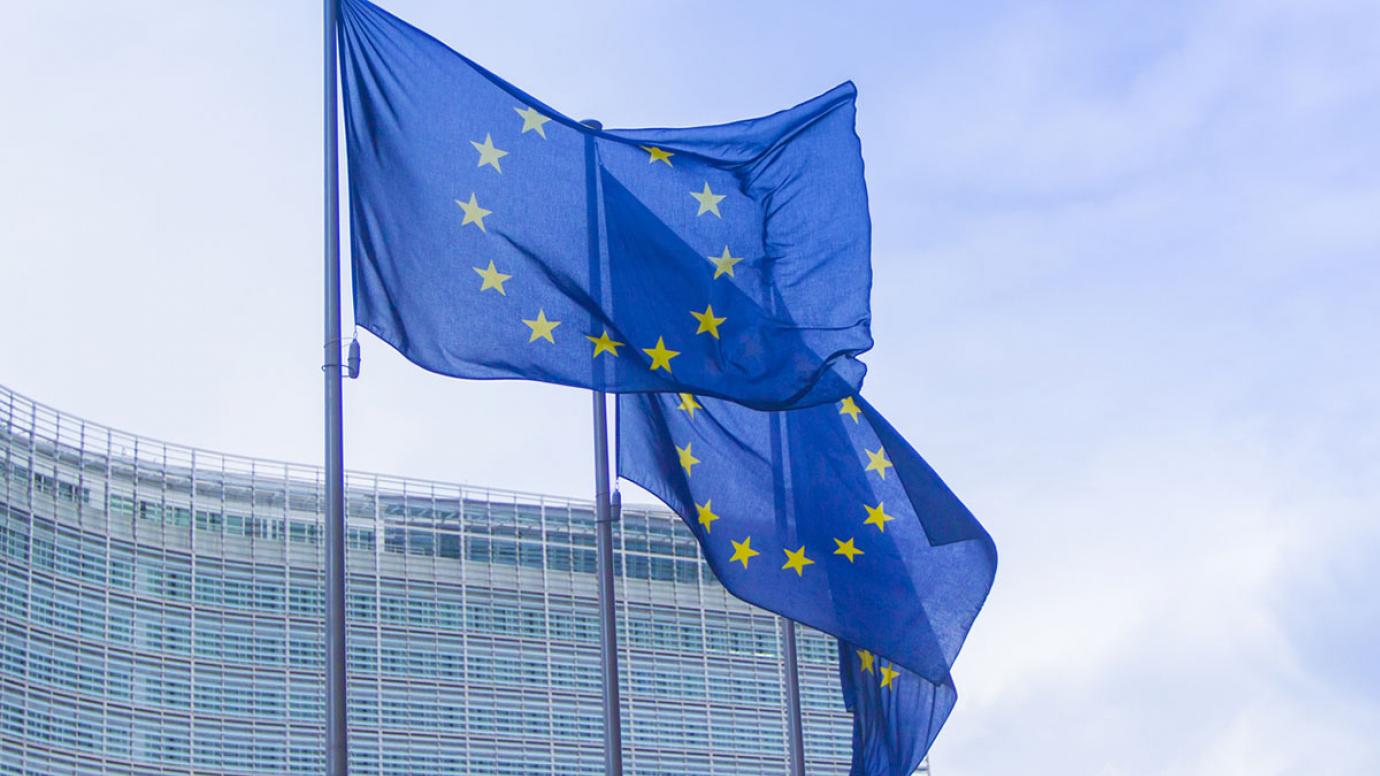An integrated and participatory approach to cultural heritage is at the core of the European Framework for Action on Cultural Heritage. This is essential in order to promote cultural heritage across EU policies. The European Parliament, the Council of the European Union, the Committee of the Regions and the Economic and Social Committee support this approach. All these EU institutions were also involved in the European Year of Cultural Heritage 2018, and contributed to making the year a success.
EU institutions recognise the role of cultural heritage as a major asset for Europe. They acknowledge the contribution it makes to peoples’ quality of life, how it facilitates social inclusion, and its economic impact.
EU institutions also highlight the challenges cultural heritage faces, and that these require collaboration between EU institutions, Member States and stakeholders to overcome them.
European Parliament
The European Parliament highlighted the necessity of an integrated approach to cultural heritage in its Resolution of 8 September 2015. The document recognises how this is crucial to achieve cultural dialogue and mutual understanding, and to enhance social, economic and territorial cohesion.
European Parliament’s Pilot Projects
Pilot projects are experimental initiatives to test the feasibility of specific actions. There are several of them implemented in the field of culture and cultural heritage.
Jewish Digital Cultural Recovery Project - JDCRP
This project aims at developing a comprehensive database of relevant material of Jewish-owned cultural assets ransacked by the Nazis. The project focuses on the fate of the Schloss-Collection.
An important part of the project is to collect good practices and propose awareness-raising activities. The database will ultimately lead to an EU-wide overview of looted artworks, facilitate research and help to protect European cultural heritage. Several museums and institutions in Europe and in the USA have so far collected 5,000 documents approximately.
Find out more about the Jewish Digital Cultural Recovery pilot project.
Protecting the Jewish Cemeteries of Europe
This project aims to map over 3,000 cemeteries in European countries, identifying good practices in preservation and proposing a model for their successful protection. The action contributed to the European Year of Cultural Heritage 2018 by spreading awareness of Europe’s heritage and cultural diversity.
Find out more about the project.
Council of the European Union
The Council adopts incentive measures and recommendations, as cultural policies are the competence of Member States. Preserving and enhancing cultural heritage are among the main objectives of the Council in the field of culture, as demonstrated by its recent conclusions:
- on risk management in the area of cultural heritage (26 April 2020)
- on the need to bring cultural heritage to the fore across policies in the EU (8 June 2018)
- on participatory governance of cultural heritage (23 December 2014)
- on cultural heritage as a strategic resource for a sustainable Europe (21 May 2014)
Committee of the Regions
The European Committee of the Regions drafts opinions on EU legislative proposals and promotes dialogue and cross-border cooperation with national, regional and local authorities. The Committee stresses the fundamental role of local and regional authorities in the management, promotion, protection and safeguarding of European heritage.
Read the opinion of the Committee of the Regions (CoR) — Towards an integrated approach to cultural heritage for Europe.
This document underlines the importance of governance in promoting and supporting cultural heritage, and recognises the role of cultural heritage for European identity and for economic development.
European Economic and Social Committee
The European Economic and Social Committee issues opinions and information reports and organises initiatives and events that focus on civil society and citizens’ participation. Some of them are specifically dedicated to cultural heritage.
Read the opinion of the European Economic and Social Committee on the contribution of Europe's rural areas to the 2018 Year of Cultural Heritage ensuring sustainability and urban/rural cohesion.
This opinion encourages stakeholders to adopt a wide definition of culture to include all citizens. It also calls institutions to recognise formally rural cultural heritage for its intrinsic artistic value and its economic and social contribution to the wellbeing of European citizens.
European Union External Action
Culture and cultural heritage play a key role in EU international relations. A 2016 Commission Joint Communication encourages cultural cooperation between the EU and its partner countries, based on the principle of joining forces.
Read the Joint Communication to the European Parliament and the Council “Towards and EU strategy for international cultural relations” (2016)
Find out more on international cultural relations.



